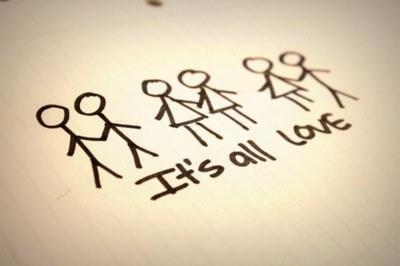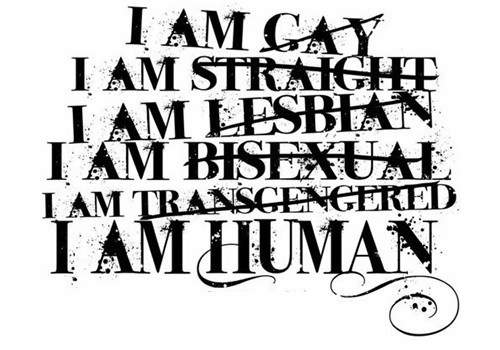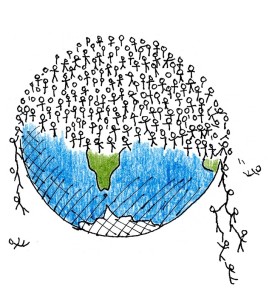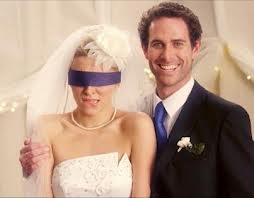Mr, Mrs, Dr…Why have titles?
Posted: 19 June 2016
 It is evident that along with the collapse of so many aspects of Western Society from the mid twentieth century onwards, we have witnessed a general casualisation of the way we refer to other people; that is, using their title. Whereas one would always refer to another man or woman as Mr., Mrs., or Miss followed by their surname, these courtesies are now more often than not pushed aside for exclusive first name usage from the introductory meeting. Even those who are entitled to the use of specific religious and academic titles such as Sister, Father or Doctor are more commonly introducing themselves as Susan or Ralph.
It is evident that along with the collapse of so many aspects of Western Society from the mid twentieth century onwards, we have witnessed a general casualisation of the way we refer to other people; that is, using their title. Whereas one would always refer to another man or woman as Mr., Mrs., or Miss followed by their surname, these courtesies are now more often than not pushed aside for exclusive first name usage from the introductory meeting. Even those who are entitled to the use of specific religious and academic titles such as Sister, Father or Doctor are more commonly introducing themselves as Susan or Ralph.
Perhaps the last domain where honorific titles are still commonly used is the school classroom. The hands of children are shot up in the air with an accompanying “Sir” or “Miss”. There are however plenty of academics that would like to see the old titles dropped in favour of first names. One of the reasons for this is around the level of disparity between the titles ‘Sir’ and ‘Miss’. It is said that ‘Sir’ began its usage in 16th century England where male teachers of a lower social standing were needing to assert their authority among largely upper class pupils. ‘Miss’ on the other hand is reflective of the late Victorian era when the majority of women teachers were young and unmarried, giving up work once they did marry. The issue of teacher titles then is often spun around the issue of discrimination against women which coincided in the 20th century with the title Ms. as a default term for the address of women without labelling them as single, married or otherwise.












































































